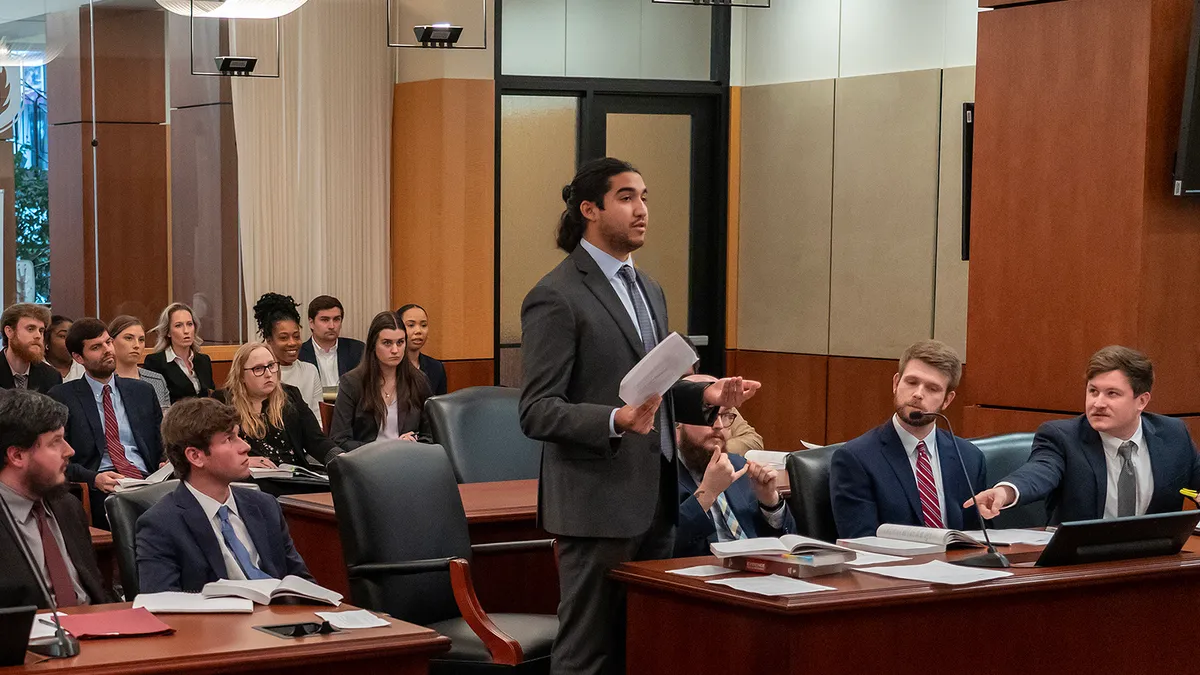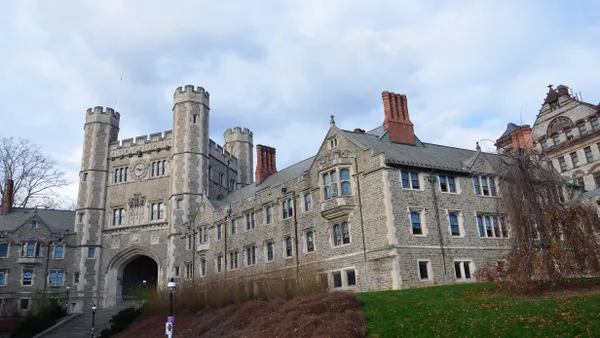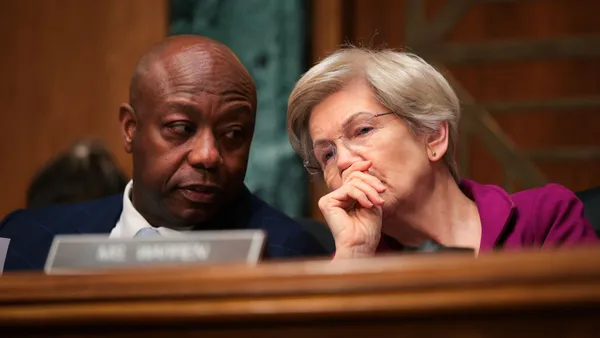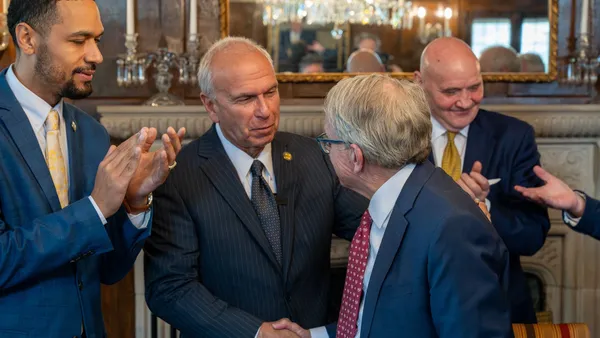The number of attorneys in the United States increased by 6.6% over the past decade, according to a report last year from the American Bar Association, but that doesn’t mean everyone has equal access to a legal professional.
While New York tops the list of attorneys per capita – there are 9.3 lawyers per 1,000 residents in the Empire State – some regions across the nation struggle to attract and retain lawyers. North Carolina is #39 for attorneys per capita, per the most recent ABA Profile of the Legal Profession and South Carolina rounds out the very bottom of the list at #50.
Nationally, in May 2022, the median pay for lawyers was just over $135,000, according to the Bureau of Labor Statistics. Wages are highest across California, New York City and Washington, D.C., with average wages the lowest in Puerto Rico and parts of the Deep South.
Recognizing that Charlotte, North Carolina is the largest city in the United States without a law school - a city along the border of both underrepresented states - Elon University has applied to the ABA and the Southern Association of Colleges and Schools Commission on Colleges to offer a part-time, in-person course of legal study for aspiring lawyers who aren’t able to move away for law school.
Educating more attorneys from within Charlotte and surrounding communities may also help address the emerging problem of what scholars have called “legal deserts”: counties with fewer than one attorney for every 1,000 residents. In North Carolina alone, 48 of the state’s 100 counties fall into this category.
If approved, the Elon Law Flex Program would enroll its first class in Fall 2024 with students attending class at Elon University’s new Regional Center in Charlotte’s South End neighborhood. Applications are now open to prospective students.
“We’re in the dream-making business,” said Elon School of Law Dean Zak Kramer. “The Elon Law Flex Program will make it possible for working professionals in Charlotte to realize their dream of becoming lawyer leaders. We’re going to be growing the Charlotte legal community from within. Training ethical, creative and practice-ready attorneys is what we do, and we appreciate this opportunity to serve the community.”
Even in counties with higher numbers of attorneys, and Mecklenburg County is one, many residents lack access to legal resources. A 2017 report by Legal Services Corporation found that 71% of low-income households “experienced at least one civil legal problem, including problems with domestic violence, veterans’ benefits, disability access, housing conditions and health care.”
The same report found that 86% of the civil legal problems reported by low-income Americans received inadequate or no legal assistance. The Legal Services Corporation calls this a “justice gap” and the problem is only widening.
As Elon Law prepares to teach law in Charlotte, Kramer points to the unmet legal needs of a growing population and describes the Flex Program as an opportunity for working professionals to pursue their dreams of being a lawyer with rewarding careers in counties and towns where attorneys may be few and far between.
“Lawyers are uniquely situated to make change and serve the community,” Kramer said. “Our students learn by doing, then they go out and do good in the world.”










